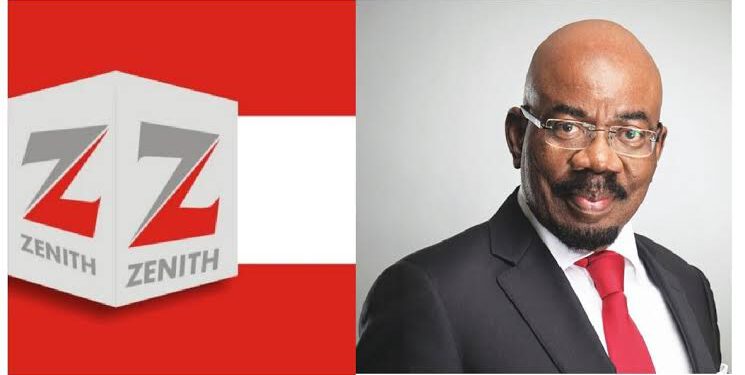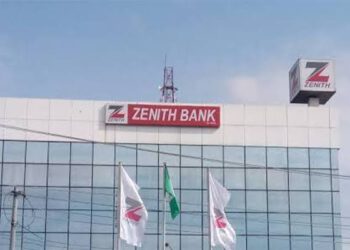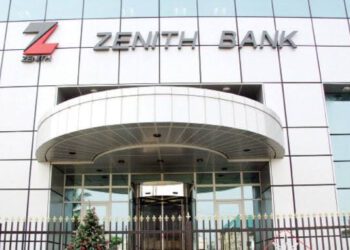In a high-stakes clash that has captivated Nigeria’s financial sector, billionaire businessman Femi Otedola has leveled explosive allegations of fraudulent transactions against Jim Ovia, chairman of Zenith Bank.
The controversy, which centers around unauthorized trading activities on the account of Seaforce Shipping Limited, a company owned by Otedola, has sparked a thorough investigation by the Force Criminal Investigation Department (FCID) of the police.
Otedola’s accusations date back to 2011, alleging that Zenith Bank used Seaforce Shipping’s account to conduct unauthorized trades, accumulating debts and transactions without his knowledge or consent.
Despite Seaforce’s account being inactive since 2010, billions of naira in unauthorized trades were allegedly processed. Otedola asserts that Seaforce never applied for nor received any loans from Zenith Bank, yet substantial debts appeared on its account.
The billionaire’s suspicions were confirmed only recently, 13 years after the initial transactions, thanks to a whistleblower within Zenith Bank.
Confronting bank officials, Otedola received an apology, but the inconsistencies in the bank’s records raised more questions than answers.
A letter from Zenith Bank dated March 19, 2018, claimed Seaforce’s debt was a mere N2,278,420, starkly contrasting with the N5 billion shown in bank statements obtained by TheCable. On the same day the letter was penned, the account’s statement indicated a debt of N2.9 billion.
The gravity of the situation deepened as Otedola uncovered transactions totaling over N16 billion against Seaforce’s account from 2011 to 2024.
He questioned who facilitated the payments that ostensibly reduced the debt from N16.9 billion to N11 billion, as he was unaware of these transactions. Significant credits were recorded in 2011, including N77 million in April, and sums ranging from N119 million to N444 million in December of that year.
The discrepancies have culminated in a current debt of N5.9 billion, largely attributed to interest charges. Amidst the unfolding scandal, a senior Zenith Bank official has been questioned by the police, and the legal battle has escalated.
Otedola, along with Seaforce, Zenon, Luzon Oil and Gas, and Garment Care Limited, secured a federal high court injunction against Zenith Bank and its affiliates, preventing them from trading shares or paying dividends until further notice.
This injunction remains in place pending a motion for an interlocutory injunction, indicating that the financial and legal wrangling is far from over.
The implications of this face-off are profound, casting a shadow over Zenith Bank’s operations and raising critical questions about corporate governance and accountability in Nigeria’s banking sector.
As the investigation unfolds, the integrity of one of Nigeria’s leading financial institutions hangs in the balance, with the potential to reshape the landscape of trust and transparency in the industry.
Otedola’s revelations serve as a stark reminder of the power dynamics and hidden machinations that can undermine even the most prominent business entities.
They underscore the need for vigilant oversight and robust internal controls to safeguard against the misuse of power and ensure financial integrity.
The outcome of this case could set a precedent, highlighting the critical importance of transparency and ethical practices in sustaining the trust that underpins the financial system.





















